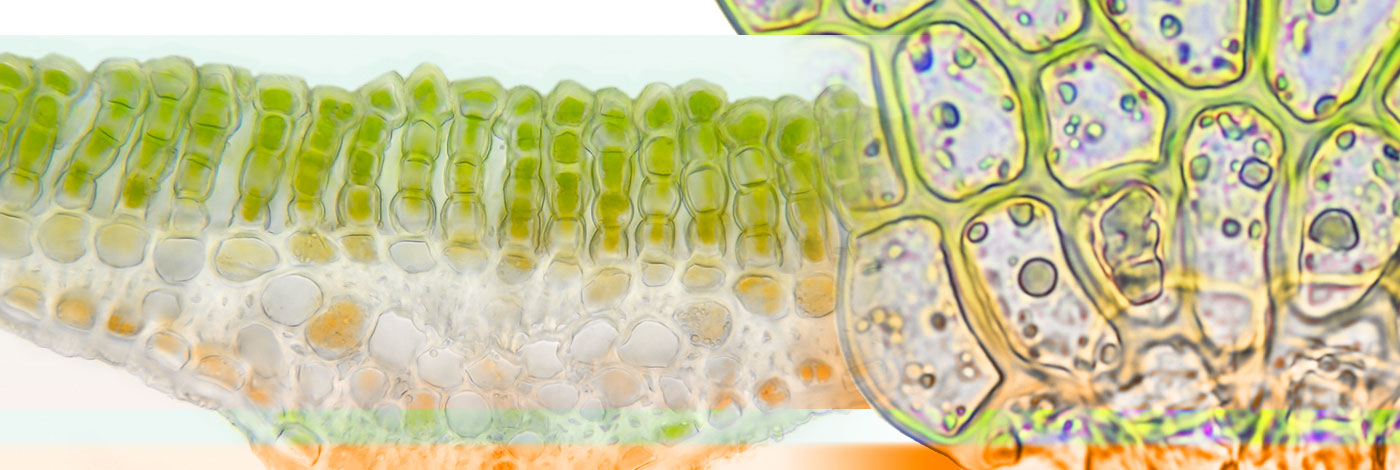
 Cryptogamie, Bryologie
35 (2) - Pages 173-179
Cryptogamie, Bryologie
35 (2) - Pages 173-179The moss Rhodobryum ontariense tea has been claimed by Traditional Chinese medicine for its beneficial effects in the treatment of wide range of cardiovascular diseases including hypertension. The antiradical activity of R. ontariense tea (i.e. its lyophilised water extract) was evaluated by electron paramagnetic resonance spectroscopy/against superoxide anion (·O2-), nitric-oxide (·NO), 2,2-diphenyl-1-picrylhydrazyl (·DPPH), carbon-dioxide anion (·CO2-) and methoxy (·CH2OH) radicals/ and fluorescence spectroscopy/against hydroxyl (·OH) radicals/ in in vitro conditions. It reduced the production of majority of radical species tested, but in a varying degree. The most activity was observed against ·OH, ·DPPH and ·CO2- radicals (95 ± 10%, 78 ± 4% and 67 ± 5%, respectively). In addition, the extract was shown to be active against ·CH2OH and ·NO radicals (55 ± 8% and 45 ± 8%, respectively). On the contrary, no any antiradical activity was observed against ·O2- radicals. According to the experimental data obtained, R. ontariense tea can be considered as a promising resource of natural products with antiradical activity and may be of some interest to research in heart disease.